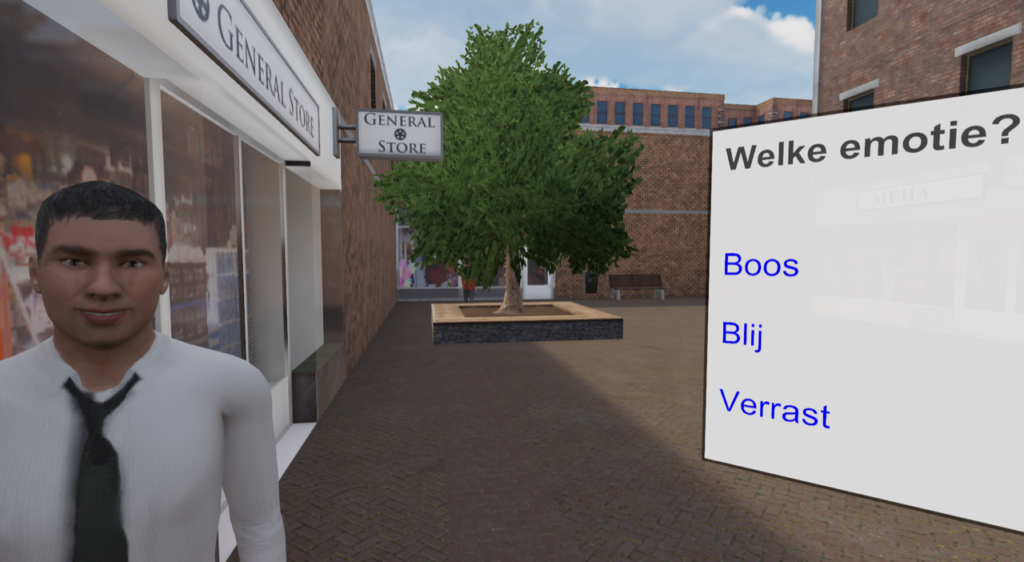First findings on DiSCoVR published
The first official findings on DiSCoVR were published this summer in the Journal of Medical Internet Research. The article concerns the pilot study on DiSCoVR, which was conducted between January and August 2017. The main aim of the pilot study was to see whether DiSCoVR in its current form was acceptable and feasible for both therapists and clients..

A total of 22 participants in the study were diagnosed with a psychotic disorder and experienced problems in social cognition. In addition, 6 therapists gave feedback on the treatment. The participants were in care at the University Medical Center Groningen, GGZ Drenthe and GGZ Delfland.
The participants all received DiSCoVR; so there was no control group. DiSCoVR consisted of sixteen sessions, in which social situations were practiced to train social cognition. A battery of tests was administered before and after treatment, which tested emotion recognition, theory of mind, psychiatric symptoms and neurocognition, among other things. The feasibility and acceptance of DiSCoVR were explored with a questionnaire and interview. The therapists also completed a questionnaire.
17 of the 22 participants completed the study and treatment. Participants liked DISCoVR (mean = 7.25 out of 10), found it useful for daily social activities (mean = 7.00 out of 10), and liked the combination of VR and a therapist (mean = 7.85 out of 10). Participants mentioned as a strength of DiSCoVR the most often that they could practice with personalized social situations (14 of 20 participants who participated in the questionnaire; 70%). Therapists also mentioned this as the main strength of DiSCoVR. Technical issues were most often mentioned as areas for development, both by therapists and participants. Furthermore, a significant improvement in emotion recognition was observed in participants, measured with a photo task (effect size: d=.67, a medium to large effect). However, no improvement was found on the other tasks and questionnaires.
Based on this study, it was therefore concluded that DiSCoVR is feasible and accepted by participants and therapists. It also appears to have the potential to improve social cognition. However, further research is needed; Since 2018 we have been conducting a randomized, controlled trial to investigate the effect of DiSCoVR. The results of this are expected in the autumn of 2021.
